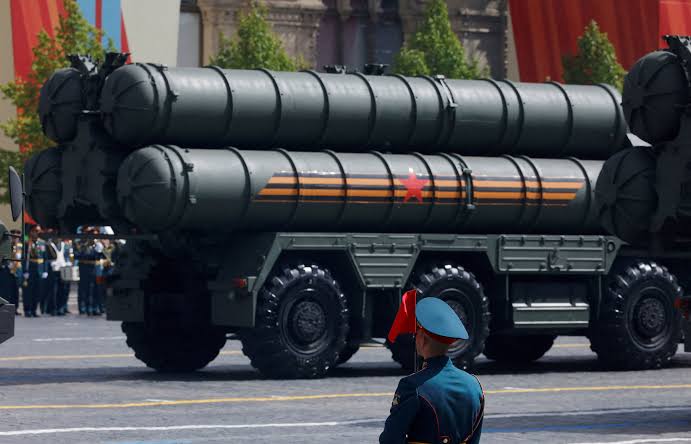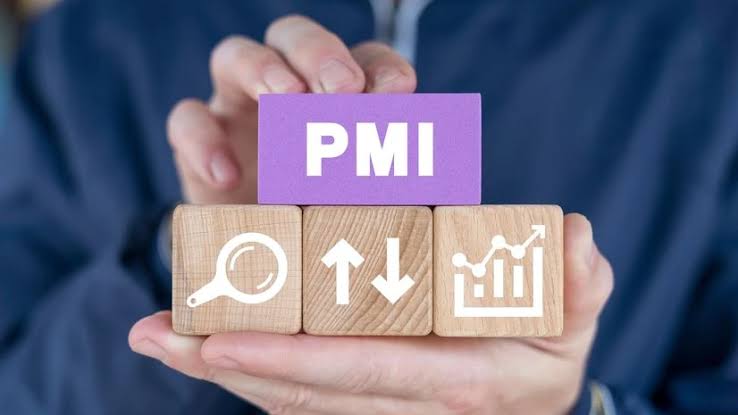
Follow WOWNEWS 24x7 on:

On September 2, 2025, Moscow confirmed active negotiations with New Delhi for expanded deliveries of the advanced S-400 air defense systems, marking a significant new chapter in the longstanding Indo-Russian defense partnership. This comes as India seeks to bolster its air defense capabilities amid evolving security challenges in the region.
Overview of S-400 Negotiations
India and Russia are currently engaged in diplomatic talks to increase the supply of S-400 Triumf surface-to-air missile systems. Dmitry Shugayev, head of Russia’s Federal Service for Military-Technical Cooperation, noted the potential for new deliveries beyond the initial contract, which was signed for five S-400 units valued at $5.5 billion in 2018. India's acquisition aims to strengthen its defenses primarily against Chinese military expansion and emerging aerial threats.
Key Highlights from the Ongoing Engagement
A senior Russian defense official stated negotiations are ongoing for future S-400 deliveries, reinforcing Moscow’s commitment to meeting India's security needs.
India has taken delivery of three out of five contracted S-400 units; the remaining two are scheduled for arrival in 2026 and 2027, following delays caused by payment issues, global sanctions, and supply chain disruptions linked to the Russia-Ukraine conflict.
The S-400 systems have already been operationalized along India’s borders with both China and Pakistan, with notable deployment and effectiveness during Operation Sindoor, where Indian forces intercepted airborne threats from Pakistan.
Recent Diplomatic and Strategic Developments
During the Shanghai Cooperation Organisation (SCO) summit held in China this week, Prime Minister Narendra Modi reaffirmed India’s steadfast support for Russia, echoing mutual resilience amid global geopolitical shifts.
Russian President Vladimir Putin referred to Modi as a “dear friend,” highlighting the strategic weight carried by bilateral defense trade. Moscow also expressed deep appreciation for India not yielding to U.S. pressure to halt imports of Russian military hardware and oil.
In addition to missile defense, Russian exports to India from 2020 to 2024 constituted 36% of total arms imports, far outpacing other suppliers such as France and Israel, according to Stockholm International Peace Research Institute.
Technical Profile—S-400 Triumf
The S-400 Triumf, brought into service in 2007, is regarded as one of the world's most sophisticated mobile air defense systems.
It can detect, intercept, and destroy a wide spectrum of aerial threats, including drones, cruise and ballistic missiles, and stealth aircraft at ranges between 40 km and 400 km, with altitude engagement up to 30 km.
Each squadron consists of multiple batteries, advanced radar systems like the 92N2E Grave Stone tracking unit, and robust missile launchers—critical assets for layered air defense.
Context and Broader Defense Cooperation
India’s military dependence on Russia extends beyond missile defense to include joint licensing and manufacture of T-90 tanks, Su-30 MKI fighter jets, and BrahMos missile systems, among others.
The India-Russia partnership has weathered several global disruptions—from international sanctions impacting Russian defense supplies to shifting alliances in Asia—underpinning a shared strategic outlook and adaptability to evolving conflict dynamics.
Looking Ahead: Implications and Next Steps
With fresh negotiations underway, enhanced S-400 deployments are expected to reinforce India’s multi-layered air defense, securing its border zones against growing regional threats.
Continued alignment between Moscow and New Delhi is likely to set the stage for further collaboration in key technological spheres, including aerospace, electronics, and joint training initiatives.
Source: Reuters, India Today, Hindustan Times, Times of India, TASS, MENAFN, The News.



